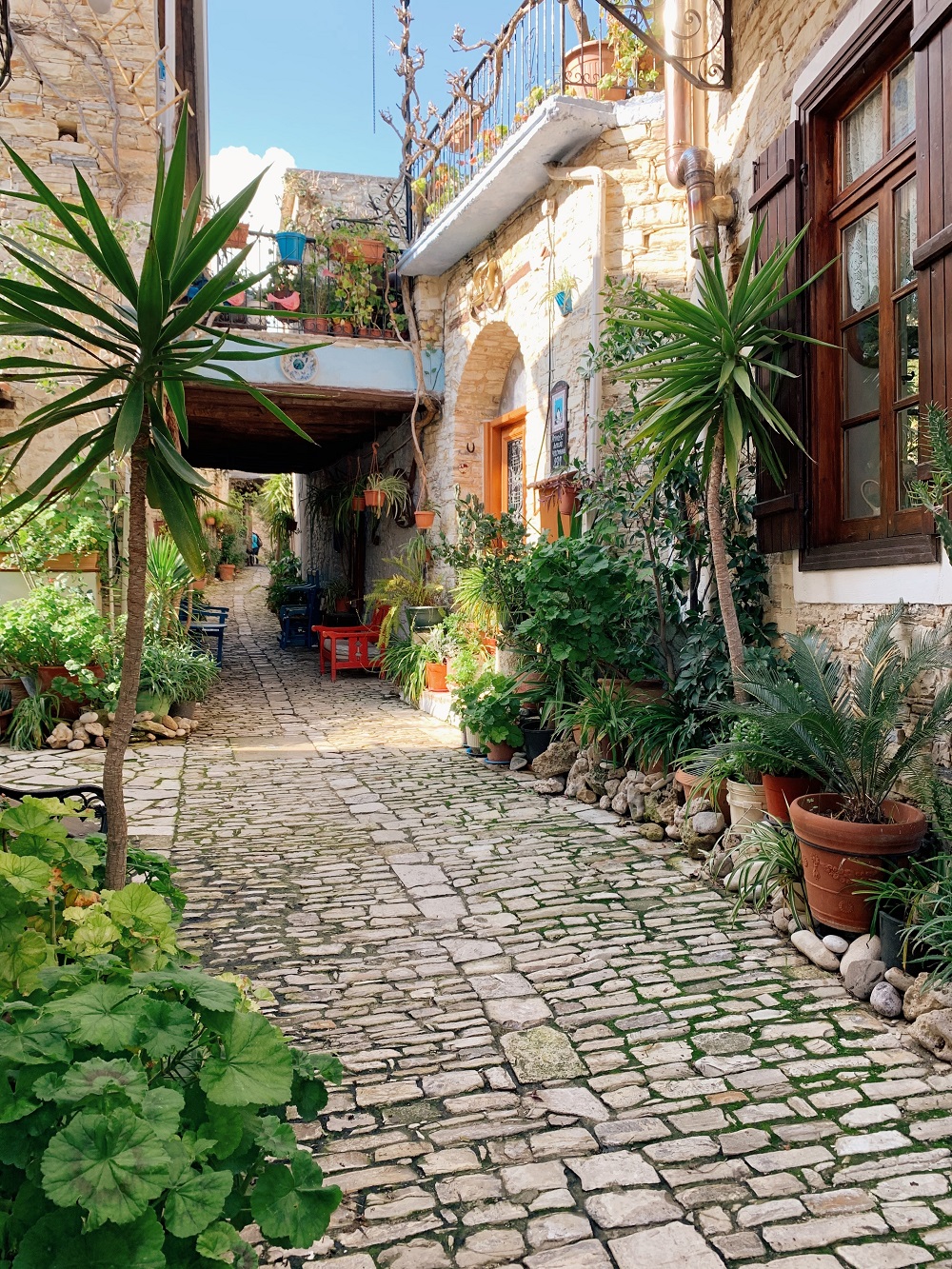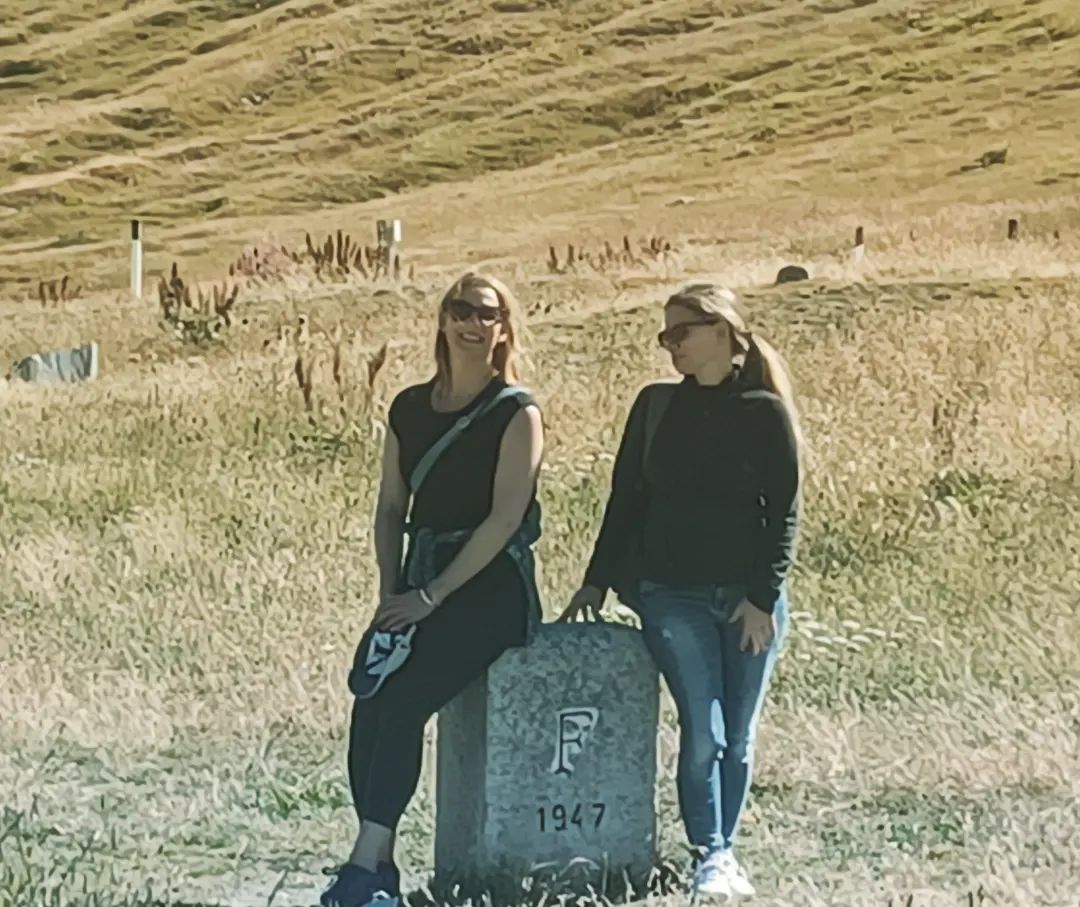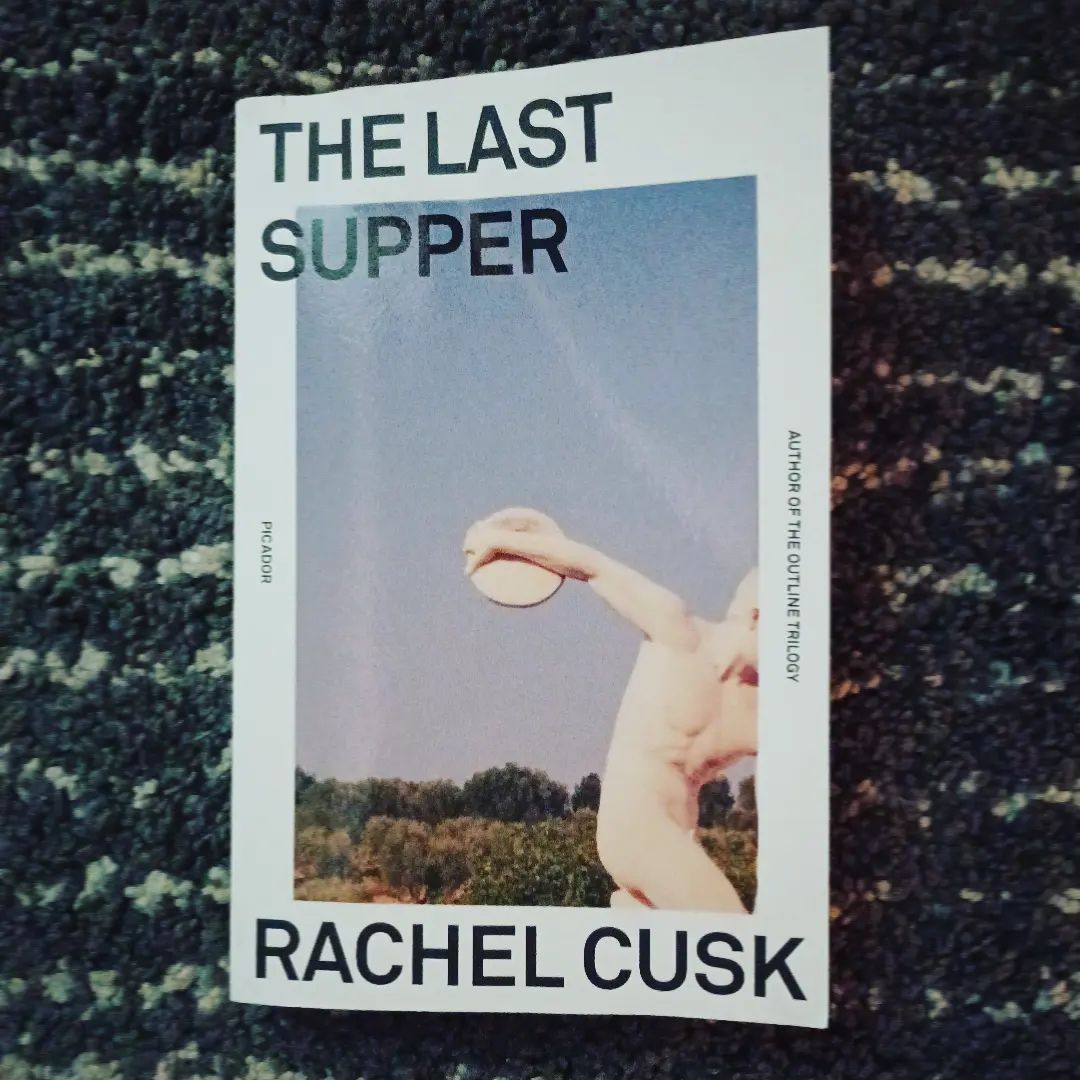
As You Like It? Yes, indeed I do!
Another Shakespeare play I’ve never before seen or read (hanging head), but we all know many of its most famous quotes. Jacques’ monologue in the forest, removed from court and musing on their lowered state, giving the audience “All the world’s a stage, and all the men and women merely players” or, Jacques again, “… and thereby hangs a tale” (both quotes Act 2, Scene 7).
Penned in 1599, when Shakespeare was ostensibly at the height of his art, I now trow every woman over the age of 13 should watch this play, and carefully so, for the lessons it imparts in the limitless horizons of the dreams of girls, leaving the paired male characters (Orlando and his older brother Oliver; Dukes Frederick and Duke Senior) to battle out their turf wars for territory, inheritance, and supremacy. The women seem to rise above, taking the higher road, to ensure a fair and equal end for everyone, even the shepherds and their milkmaids.
In the era of its original production, of course Rosalind was played by a man, giving the play a most Escher-esque effect as the audience watched a man play a woman (Rosalind) playing a man (Ganymede) playing a woman (Rosalind). Take that, The Matrix! This rabbit hole will blow your mind.
Rosalind is a cultural touchstone as a character. I am glad to have made her acquaintance. She carries more lines than any female character in a Shakespeare play. Still, her gentle poking at the men in the cast recalls Katherine, Beatrice, and Viola. I am impressed by Shakespeare’s challenge to the Tudor status quo of a woman’s place in the world – here we have strong women, smart women, brave women, who get the better of their male peers in the end. While the men of As You Like It are, for wont of a more apt term, sausage swinging (the Dukes, Oliver and Orlando, and let’s not forget the wrestler Charles), the women seek freedom and opportunity, a way to escape, given half a chance, to a forest guised as a man or as a country maid. The wiser, the waywarder. I should have had this as a bumper sticker prior to 2004.
Orlando: But will my Rosalind do so?
Rosalind, as Ganymede: By my life, she will do as I do.
Orlando: O, but she is wise.
Rosalind, as Ganymede: Or else she could not have
the wit to do this. The wiser, the waywarder. Make
the doors upon a woman’s wit, and it will out at the
casement. Shut that, and ’twill out at the keyhole.
Stop that, ’twill fly with the smoke out at the chimney.
Orlando: A man that had a wife with such a wit, he
might say “Wit, whither wilt?”
Rosalind, as Ganymede: Nay, you might keep that
check for it till you met your wife’s wit going to
your neighbor’s bed.
Orlando: And what wit could wit have to excuse that?
Rosalind, as Ganymede: Marry, to say she came to
seek you there. You shall never take her without her
answer unless you take her without her tongue. O,
that woman that cannot make her fault her husband’s
occasion, let her never nurse her child
herself, for she will breed it like a fool. (Act 4, Scene 1)
As I read the Folger text (ever thankful for the free resources over at the Folger Shakespeare Library), this time I followed along with the 1936 film production starring Lawrence Olivier as Orlando (in his first screen appearance). It’s easy to see how Olivier was a Depression-era heartthrob, with that curly mop of hair, lean frame and languid eyes. (The production is easily viewed on YouTube, if you find yourself with a rainy Sunday afternoon, as did I, and are feeling a very vintage cinematic vibe, indulge yourself with the antique production values and a sound stage that recalls Hearst Castle at Big Sur, California, and its surrounding woods. We visited there when I was thirteen, and it really made an impression – as a kid for its mosaic swimming pool tile magnificence, as an adult for the sheer capitalism in its positing as a tourist destination. Rosebud.)
This far into my project, I see clearly how Shakespeare so often takes shortcuts to quickly create drama: 1- make some characters go about in disguise (wholly believed by the other characters if not the audience), 2 – make some of the characters in pairs be from the same family (twins, siblings, parents and child), and 3 – in scene changes remove portions of the cast from the interior scene to some forest (examples: Macbeth, The Two Gentlemen of Verona, Romeo and Julie, As You Like It, A Midsummer’s Night Dream, Titus Andronicus… I am now hard pressed to think of a Shakespeare play where characters aren’t removed to a forest to do Something Important to further the plot. I don’t think there is a forest in Twelfth Night or in The Tempest, but they both prominently feature beaches and shores…) Also, one more. Number 4 – make clear very quickly who dislikes whom, so that later the mistrust may grow to either reconciliation or to love, and a double wedding (unless almost everyone dies in the end, as in Macbeth, Romeo and Juliet, and Titus Andronicus). What I’ve noted, though, as a writer is how plot variation is unimportant. The Bard treats it like an American salad bar – romaine, croutons, chickpeas, cold peas, shredded carrots. Pick up a chilled plate and go. The magic is in the poetry and elasticity of phrase and the spaces he finds within the structures he creates to unleash the language. Eight types of salad dressing at the far end.
To clear my mind of the extra-dramatic Shakespearean declamation and wimples (wimples!) of the 1936 production, I found some Royal Shakespeare Company teaching videos online. Ah, I so appreciate modern production values. In a parallel life, I would like to play Rosalind on stage. Some day.
On a related note, Il Caffè Letterario around the corner from us in Le Murate will be hosting four Shakespeare plays on Sundays in February. In Italian, and abridged, but what fun! I plan on seeing Amleto and Misura per Misura on the second and fourth Sundays. Apparently the drama is served with dark coffee and eggs Benedict. If you’re in town, come and find me there!









